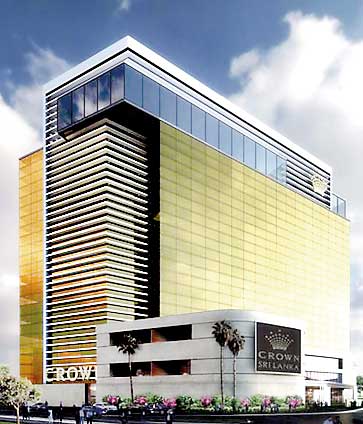06 Nov 2013 - {{hitsCtrl.values.hits}}
 The attire is of little consequence but the green backs collectively are. In almost all countries, casinos are run by the private sector but the government controls rigidly the dollar intake, by empowering recognised banks to monitor the encashment that are deposited in sealed boxes. A very large percent of the takings are revenue to the government.
The attire is of little consequence but the green backs collectively are. In almost all countries, casinos are run by the private sector but the government controls rigidly the dollar intake, by empowering recognised banks to monitor the encashment that are deposited in sealed boxes. A very large percent of the takings are revenue to the government.
26 Nov 2024 35 minute ago
26 Nov 2024 39 minute ago
26 Nov 2024 43 minute ago
25 Nov 2024 25 Nov 2024
25 Nov 2024 25 Nov 2024